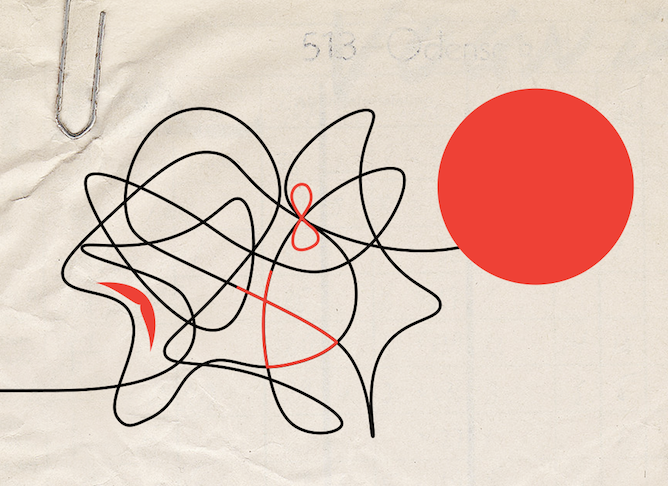
The VoA database provides a mapping of the extent and scope of Indigenous writing emerging from spaces reaching from all three coasts of Canada to below the southern border in the period prior to the creation of the nation state of Canada. It provides a bibliographic compilation of Indigenous creators and their texts—including personal letters and official correspondence, political statements, works on histories and languages, translations, memoirs—in both manuscript (hand written) and published forms (books, journals, newspapers and pamphlets). It includes the voices of over two hundred and fifty creators who have authored more than five hundred entries in the Works section. These can range from a single letter to a substantive archival fonds and multiple editions of a book.
Who is in the collection
The writers represented here are chiefs, warriors, fur traders, cultural brokers, colonial administrators, missionaries, knowledge keepers, military officers, teachers, translators, physicians, political leaders, linguists, historians, diplomats, clergy, farmers, hunters, journalists, illustrators, lawyers—mothers and fathers, sisters and brothers, grandparents and elders.
How to search
Information in the database has been organized to allow keyword searches by name, geographic locations (nation, home community, province, and country), occupations, gender, titles, languages, dates, subject matter, and linked open data identifiers. Details are provided about the locations of manuscript and print materials—usually libraries, archival collections, and museums in Canada and the United States—where items are held, and links to digital copies if available.
- Creators are searchable by Indigenous (where known) and colonial/English/French names. Many of the people included here engaged with the colonial world and used names assigned by colonial officials, others their family/community name, and some used both. Indigenous names may have multiple spellings in roman orthography; keywords and variant spellings are recommended. Biographical details include dates of birth and death, gender, families, geographic locations, languages, and occupations are provided, along with information sources for those who wish to explore further.
- Works can be searched by title, genre, languages, dates, subject matter, and linked open data identifiers. Details and links are provided about the locations of manuscript and print materials—usually libraries, archival collections, and museums in Canada and the United States—where items are held, with links to digital copies where available. Most material is identified by WorldCat OCLC numbers (a cataloguing collaboration of libraries around the world) and is readily searchable on public databases. Works here include correspondence (official and family/personal), political statements and discussion, periodical and newspaper articles, translations of religious and secular texts, journals and memoirs, histories, travel writing and maps, language studies and vocabularies.
Contact Us
This initial stage of the VoA project is designed to bring little known and difficult to access materials to descendant communities, readers, students and scholars in order to broaden the field of Indigenous literary studies, historical research, and history of the book studies, and to facilitate greater community and public access to these texts. Gaps remain, and by its nature the search will remain incomplete, a work in progress. We welcome queries, suggestions, additions, and corrections as work goes forward. This continues to be a task of reading, restoration, listening, and making way.
Susan Paterson Glover,
Professor Emerita, Department of English, Laurentian University, and Principal Investigator, Voices of Ancestors (VOA) Database
@susanpglover.bsky.social
Acknowledgements and thanks-giving
This collection had its genesis in a collaborative research project funded by the Social Sciences and Humanities Research Council of Canada (2015-2018) led by Susan Paterson Glover (English, Laurentian University) with historians Alan Corbiere (History, York University) and Thomas Peace (History, Huron University Western). The project examined networks of Indigenous-colonial literacies prior to the creation of the nation-state of Canada in 1867. The compilation of early Indigenous texts and creators here builds upon the scholarship of the many bibliographers and book and print culture historians whose work provided the inspiration and foundation, particular that of Joyce Banks, Lisa Brooks, Matt Cohen, Brendan Edwards, Karen Evans, Patricia Kennedy, Shelley J. Pearen, Bruce Peel, Penny Petrone, Phillip H. Round, Donald B. Smith, Robert E. Walls, Hilary Wyss, the contributors to the invaluable Dictionary of Canadian Biography, and James Constantine Pilling’s Proof-Sheets of a Bibliography of The Languages of the North American Indians (1885). The creation of the database would not have been possible without the bibliographic resources of the WorldCat library catalogue, and the many, many historians of North American Indigenous and colonial history whose footnotes yielded many of these entries. The Voices of Ancestors Collection likewise acknowledges the support of the Laurentian University Research Fund and the many valued colleagues at LU (re)building a bilingual and tri-cultural academic home for learning and research in northern Ontario, and the leadership and guidance of Susan Brown and Mihaela Ilovan of the Canadian Writing Research Collaboratory. To Indigenous colleagues at Laurentian University for their teachings and example, to the Cadbury Research Library, Birmingham University for the Cadbury Research Library-Adam Matthew Digital partnership program, to Ivy Schweitzer and Gordon Henry and the “Indigenous Archives in the Digital Age” Conference at Dartmouth College, to the Indigenous Literary Studies Association and the Bibliographical Society of Canada/ La Société bibliographique du Canada, to librarians and archivists across the country who have cared for these works, and to the people at and behind The People and the Text, grateful thanks.

